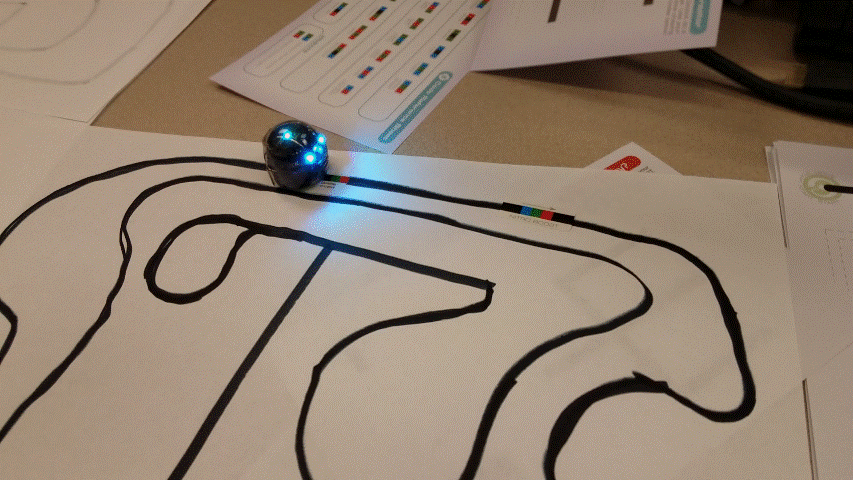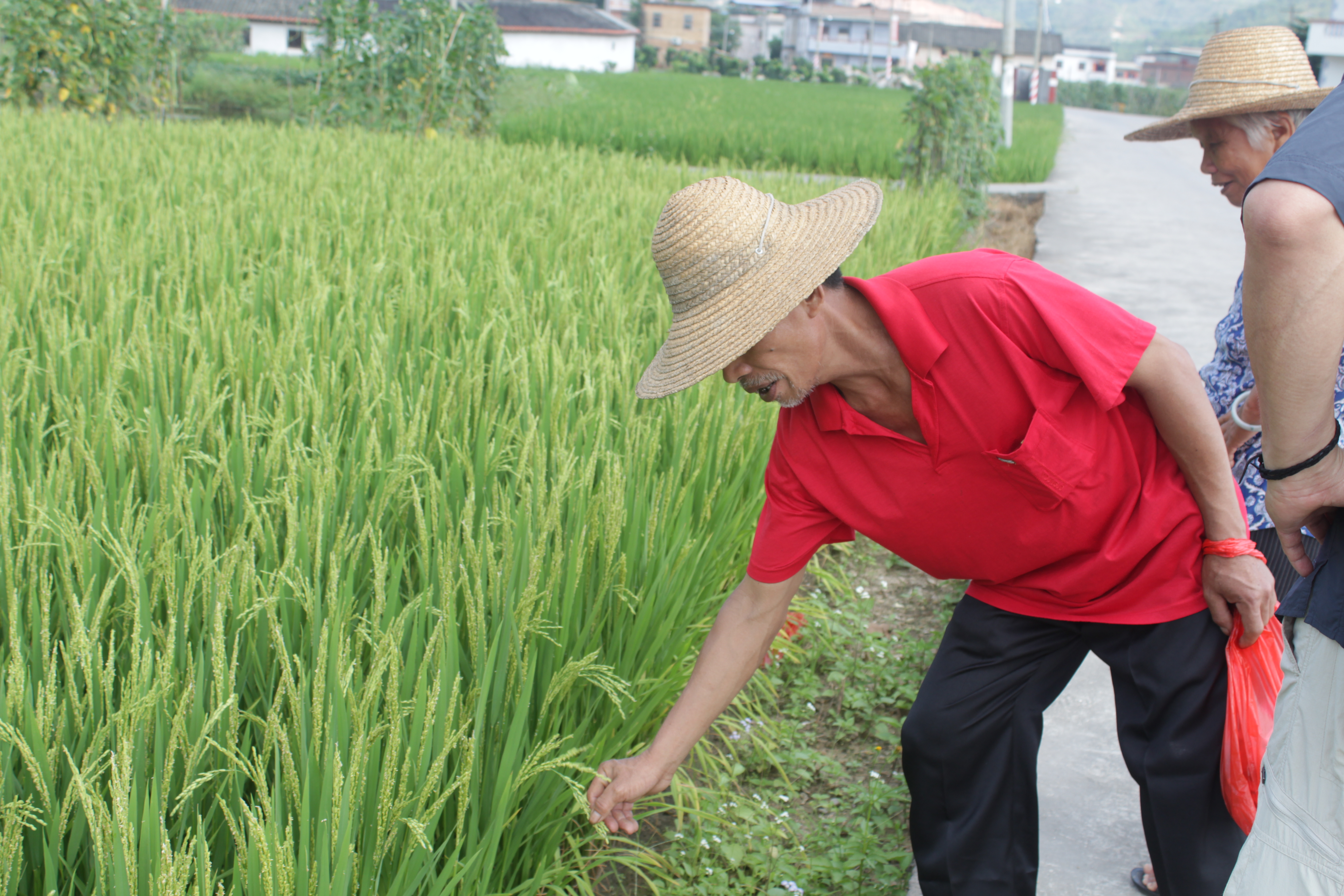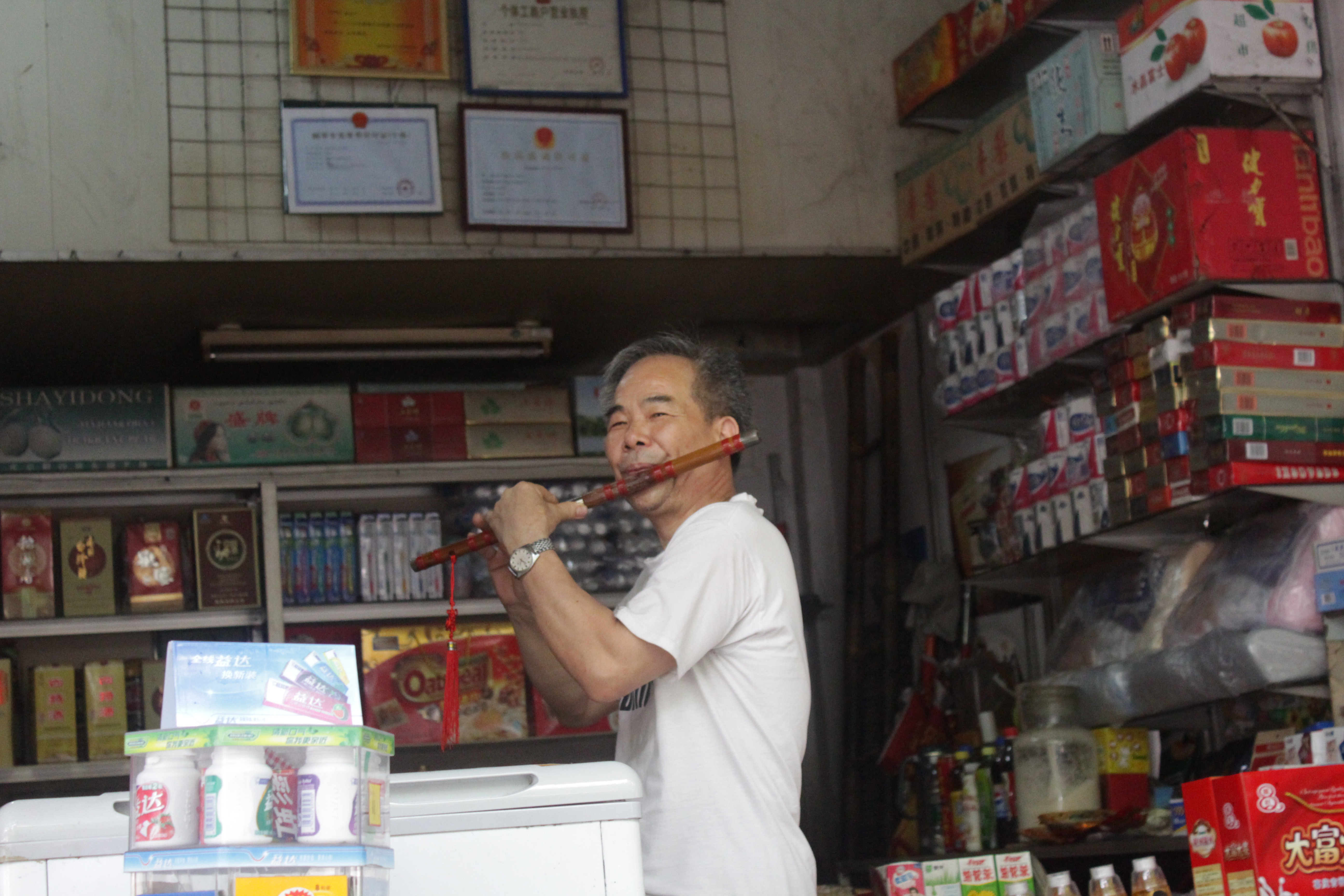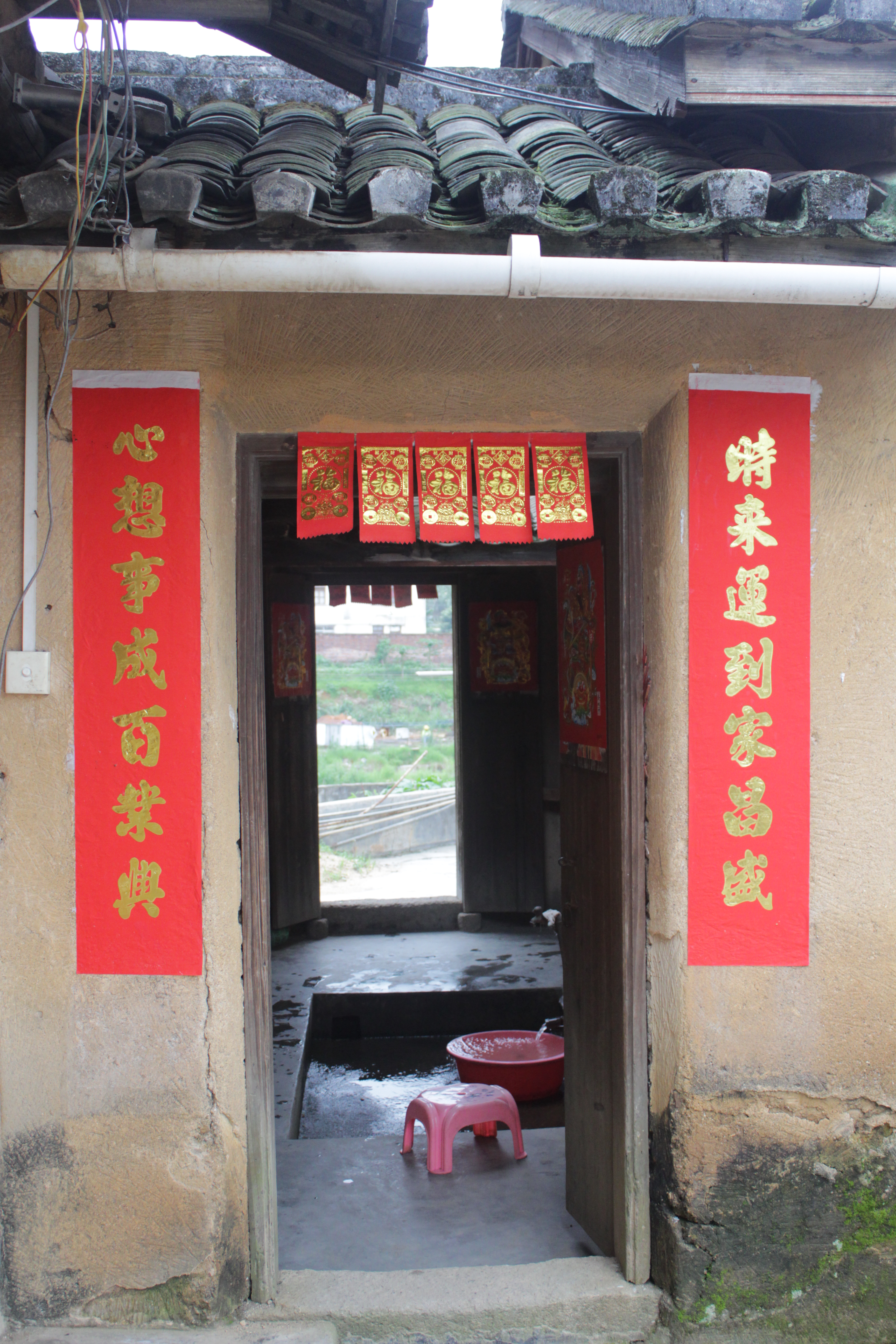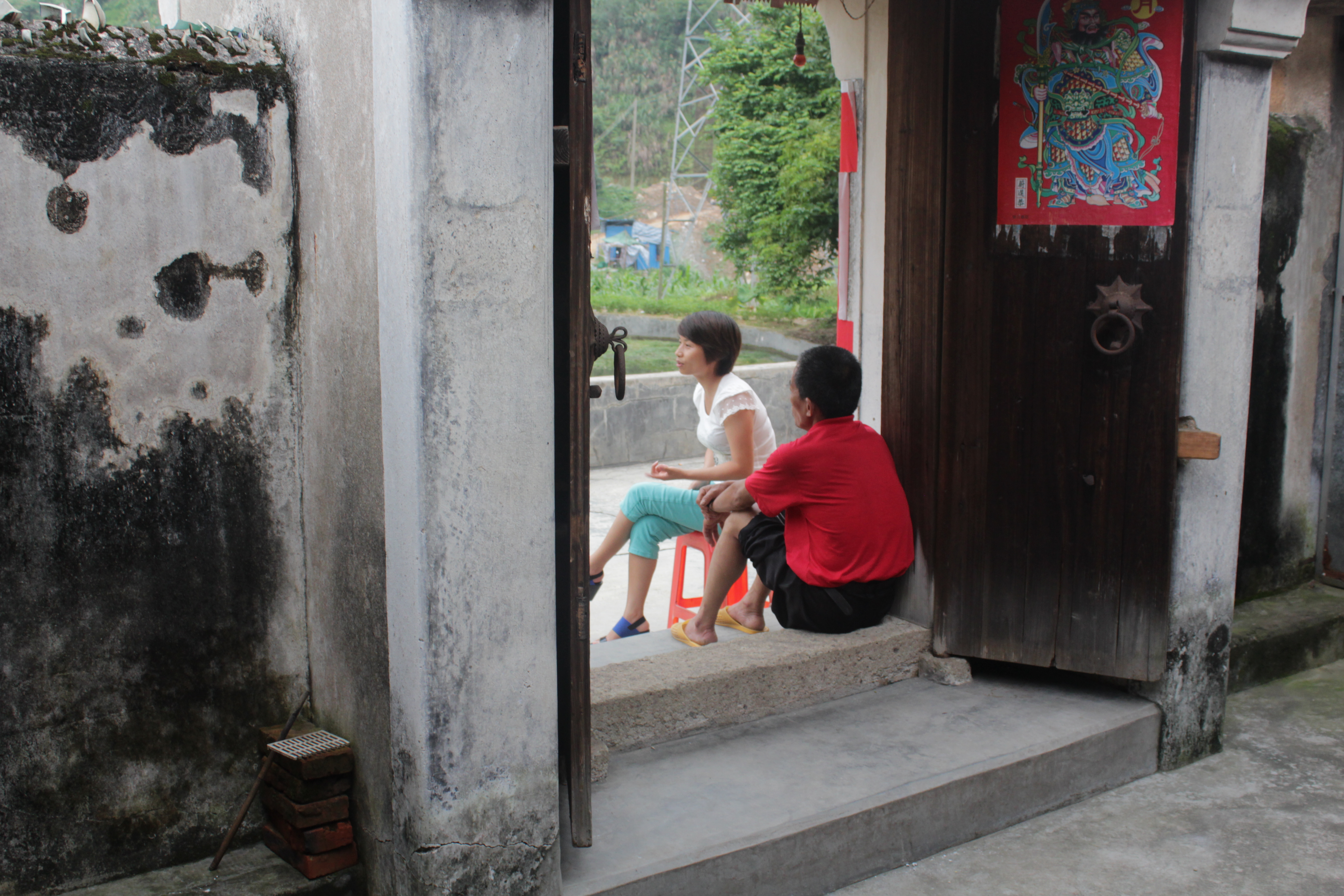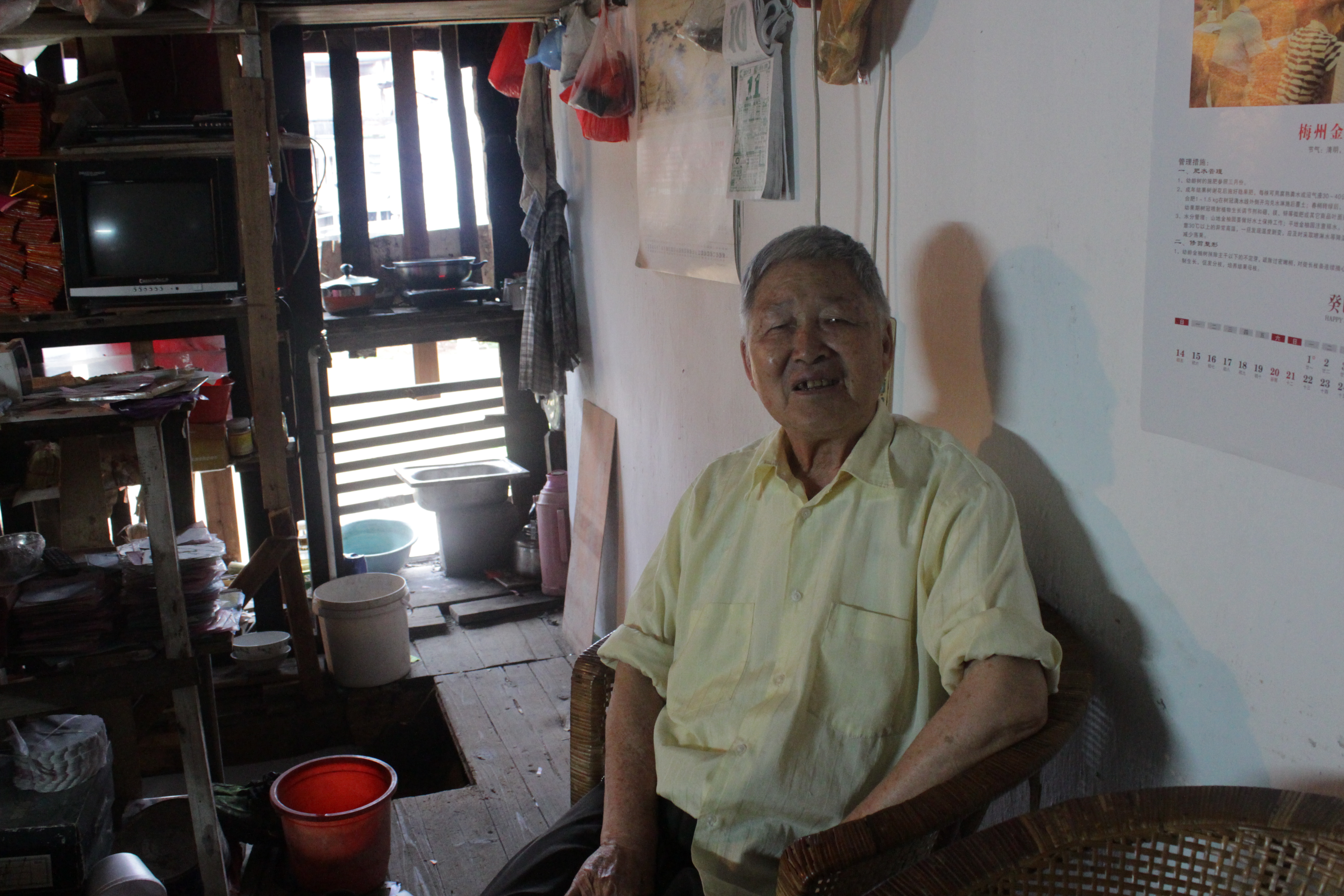The Disclaimer
A while back when I first found out about the Watson, the davidson.edu article found its way to a Hakka Facebook group. I began contacting a few folks, most of them being fa kiao like me. Almost everyone I’ve met so far can speak Hakka pretty well, which is no easy task for a language that has many dialects and almost no systematic learning resources.
When I talk to other Hakka people, one of the first things I always mention is that I am from a small town with almost no other tong ngin. And then I dread the next words to follow: “…and that’s why I don’t really speak Hakka. At least not well.”
In this essay, I seek to describe esome of the social forces for why my family chose not to speak Hakka with their children. Some would call these excuses–which is exactly why my parents and I don’t bother explaining when we are harshly criticized for not using Hakka with each other. On the other hand, are we absolutely devoid of agency when confronted with these social forces? No. We do feel guilty and ashamed for not having tried harder, for not having foresight–and we pay back in regrets. But regrets don’t build understanding, and they don’t move us forward.
It’s Rude to Point Fingers
When I was about ten years old, my dad gave me an old box of maps. Inside, there was a National Geographic map that displayed the world’s dying languages. I found Hakka on the list. Over the years, I’ve read articles upon articles of people who have been trying to revive the Hakka language, of researchers and linguists who have questioned why the language is disappearing.
According to a recent article about the linguist Liu Zhenfa, linguists credit exogamy as a major reason for why we increasingly hear less Hakka among children. Marriage to non-Hakka often means that children are raised by parents who speak two different languages. And when one parent speaks Hakka and the other speaks the more commonly used Mandarin or Cantonese, well, you can guess which language becomes more dominant. Both of my parents speak Hakka quite well though. And they speak the exact same dialect of it (Moi-yan Hakka). So what’s the excuse?
When Hakka children don’t speak Hakka-fa, it seems as if 30% of the blame goes to children. 70% goes toward the parents. I’ve encountered families that point fingers at each other whenever they are asked why they don’t speak their native language. Parents often say, “Well, we speak to them in our native language…but then they respond in English.” Children tell me, “I try to speak to them…but then they get impatient with me.”
Who’s to blame? I don’t think the answer lies in a person.
Hard Decisions: Factoring in Status, History and Occupation
” On the other hand, less than half of immigrants in the country for 25 to 26 years report that they speak only English or speak it very well. And more than one-fourth who have been in the country that long report that they do not speak English, or if they do speak it, they don’t speak it well. Common sense and a large body of research indicate that knowing English is a key to improving one’s life prospects.”
–Center for Immigration Studies
It was reports like these that alarmed my parents into believing that English was the most important language in the world. Unlike other immigrant families, we used English outside and inside the home. My parents can each speak about six different languages, and while we marveled at this as a tremendous talent, my father called it a curse–it was like being a jack of all trades but a master of none. My parents wanted my siblings and me to master a language.
Identity and history also factored into my parents’ decision to always use English with us. Negative associations with one’s cultural identity can extend into negative associations with one’s native language–which can lead to an individual choosing to distance themselves from an identity. My parents experienced being Hakka pretty differently. And as a result, I can tell that they each had different attitudes toward passing on their language to my siblings and me.
My mother loves her language. When I was young, I remember her singing yet guang-guang, a popular children’s san-go (mountain songs are unique to Hakka culture), and teaching me a few words whenever she saw me at home. There are home videos of my mom cuddling with my siblings and speaking to them in Hakka.
Hakka is really the only Chinese dialect that my mom knows. Though her life was by no means simple, my mother’s family was always united by an honest and hopeful narrative—a story that I’m still figuring out how to tell. (Perhaps in a later post.) If my mother had not been preoccupied with the restaurant, I imagine we would all speak Hakka.
My father is proud to be Hakka, but the political environment he grew up in made it difficult to show that pride. Being interned at Deoli had already left the Chinese in India hanging their heads in shame. And it’s worth noting here that most of the Chinese who decided to stay in India after the internment were Hakka—meaning many Hakka were left in poverty. In Calcutta, my dad was sent to “Chinese” school—where everyone spoke Mandarin and most of the children had not been taken to the camp. The kids teased him for things like wearing the same set of clothes every day. But with a special pugnacity, many children jeered, “You don’t speak Chinese. What’s wrong with you? You must not be Chinese.”
So what’s the difference between my parents’ upbringings? My dad realized from a young age that being Hakka was not always the same as being Chinese—or at least the sort of Chinese that was defined in political terms or rhetoric. My mother grew up seeing Hakka as the only way to be Chinese.
And finally, our socioeconomic and occupational status played a role in my parents’ decision. By the time my parents had my siblings and me, they seemed to have differing views about what it meant to be Chinese and what it meant to be American. But I don’t think figuring out identity was a priority when they were trying to make a living. About two months ago, I turned in my thesis on class politics among restaurant children. My interest in writing about restaurant children was sparked by none other than my own life. The restaurant was always at the center of our lives, and the restaurant was the embodiment of a desire to make a living. Without formal schooling, my parents didn’t have any other professional skills. The business always came first, and things like Hakka culture and language were seen as unimportant.
During my research in Seattle, I found that this was pretty common among quite a few Chinese-American children who grew up in restaurants. They often spoke of being unable to speak their family language, mainly because their parents saw it as unnecessary, or they privileged speaking English as a mark of “becoming American.” More interestingly though, some children reported that they didn’t think bilingualism would make them feel more Chinese anyway; much of their communication (whether in English or Chinese) was limited to “restaurant jargon” only.
Putonghua and Prestige
My dad’s attitude toward language proficiency changed when I was in fourth grade. By this time, my family’s business was doing well. My dad had time to refocus his priorities on our education…and our culture. My siblings were much older than me, so they didn’t get sent to Chinese school. Every Saturday morning, my dad and I woke up at 6:30AM to drive to Charlotte to learn Chinese.
But it wasn’t just about learning Chinese (Mandarin). It was about receiving some schooling on how to be Chinese. The organizers, patrons and parents of the language academy were predominantly new wave immigrants from the mainland, meaning most were very well-educated and middle- to upper-class professionals. These families were able to devote their time and money into extracurricular activities and education for their children. Kids who spoke Mandarin were the ones who would do well in school,
It didn’t take long for me to realize that there was a huge social class difference between my classmates and me. Studying Mandarin made me more aware of the way in which we assign more value to some languages and cultures–and how we deny value from others.
Halfway There
After two years of Chinese school, I refused to go back. I started to pick up Mandarin again in college though. I did well in class and made an effort to practice, but unlike my other Chinese-American friends (all non-Hakka), I wasn’t motivated by the same sense of connection to the language. I attended a study abroad program at Fudan University in Shanghai. Going there made me feel even more disconnected from the language. Living in the city at a fast pace, grappling with a language I didn’t grow up hearing, and struggling to blend in obscured all that I knew about Chinese identity.
I wouldn’t say that the trip was a loss in any way though. I became really close to the professor who led the trip; Fuji later became my adviser, on all things academic and otherwise. The best part of the whole trip came at the end though. Fuji arranged for me to present at a Hakka Studies conference at Jiaying University, which is located in Meixian. Meixian is a county in Guangdong province, and it is considered the world capital for Hakka people. Since Jiaying was not too far from my ancestral village, I had a chance to reconnect with some family as well. For the first time in my life, I was completely surrounded by people who looked and talked like me and my family.
At the end of the trip, I was determined to make it back to Meixian somehow. I spent the semester working on my Mandarin and writing grant applications to do research there that summer.
Meanwhile, my grandfather’s health wasn’t doing so well. I don’t know if I was conscious of it at the time, but I think I found work and looking toward the future as ways to avoid what was happening at home. Every month, I got an email from an uncle or aunt reporting that Ah-kong was in the hospital. Each time, I would read it, suppose that everything would be fine, and return to my studies. There were a few weekends that I tried to visit my grandparents. And each time, I had to confront how distant we had grown. My grandparents knew some Mandarin, but we were strangers when we spoke it.
The same disgust I felt toward speaking Mandarin when I was young started to resurface. And yet it felt like it was too late to learn Hakka for my grandfather at this point. Our only medium was Mandarin now, and even that was a project only halfway complete. I was almost there. I just needed to keep trying.
“They Understand”
It was about 12 A.M. when I knocked on my best friend’s door. We carried on a pretty normal conversation until he finally asked, “So what’s up? Has something been wrong?”
“My grandfather died.” It came out as a gasp, as if I had just heard the news. I recounted the phone call I received from my brother that evening, urging me to come to the hospital. A few minutes later, I had put my coat on and was reaching for the doorknob when he called back to tell me that it was too late. I repeated over and over again how I should have tried harder, that I ran out of time, that I didn’t do enough, that I should have gone home more often.
My best friend and I became close during our first year of college. He had also grown up primarily speaking English, and it wasn’t until after high school that he learned Korean. We had both talked to each other about our grandparents and the disconnect we felt when we couldn’t speak their native languages. And similarly, he also felt that he had run out of time with her when she passed away.
He responded, “Yeeva, they understand. They understand.”
Second Chances
The summer after Ah-kong passed away, I returned to Meixian. I had almost backed out of my grant application because I was, yet again, letting my fear of my language abilities get the best of me. But as Fuji and my dad had urged, the only way to learn was to go for it–not aggressively, but from a place of humility and curiosity.
And it wasn’t easy. It still isn’t. It was (still is) difficult and humiliating and lonely at times when I make progress, but then realize how much more I work I have to do. There are some days when I worry that I’ll run out of time. But in the meantime, I’ve come to find that there are ways to connect with people beyond language, and those are the most incredible relationships. When words fail, people find ways to understand.
